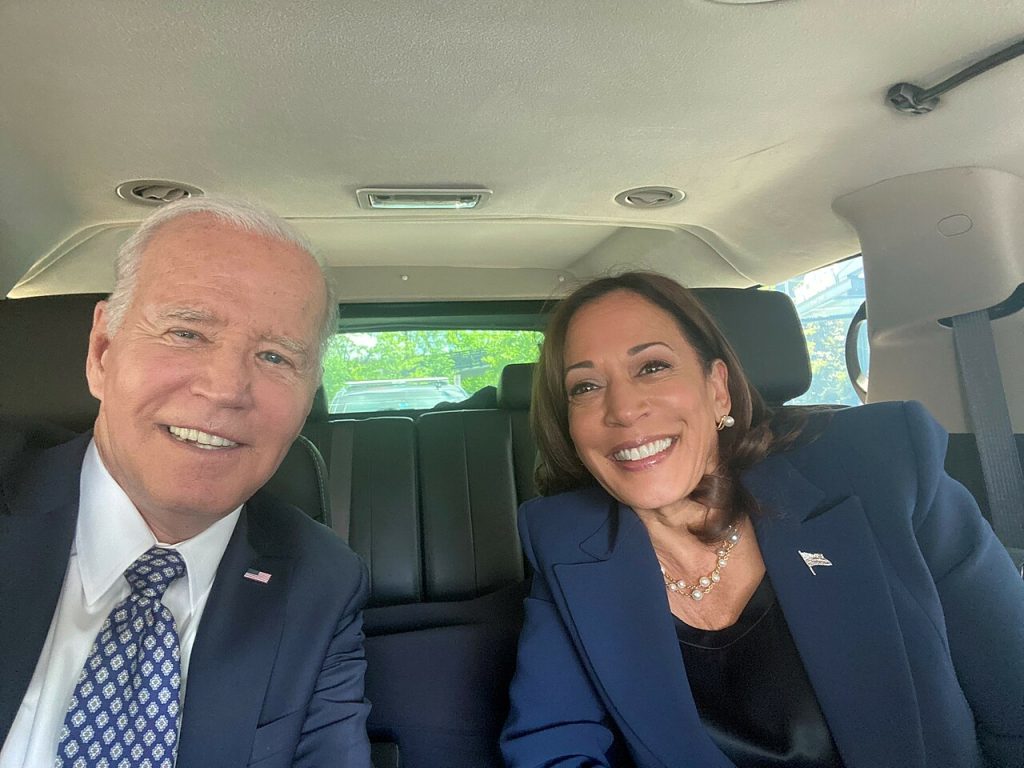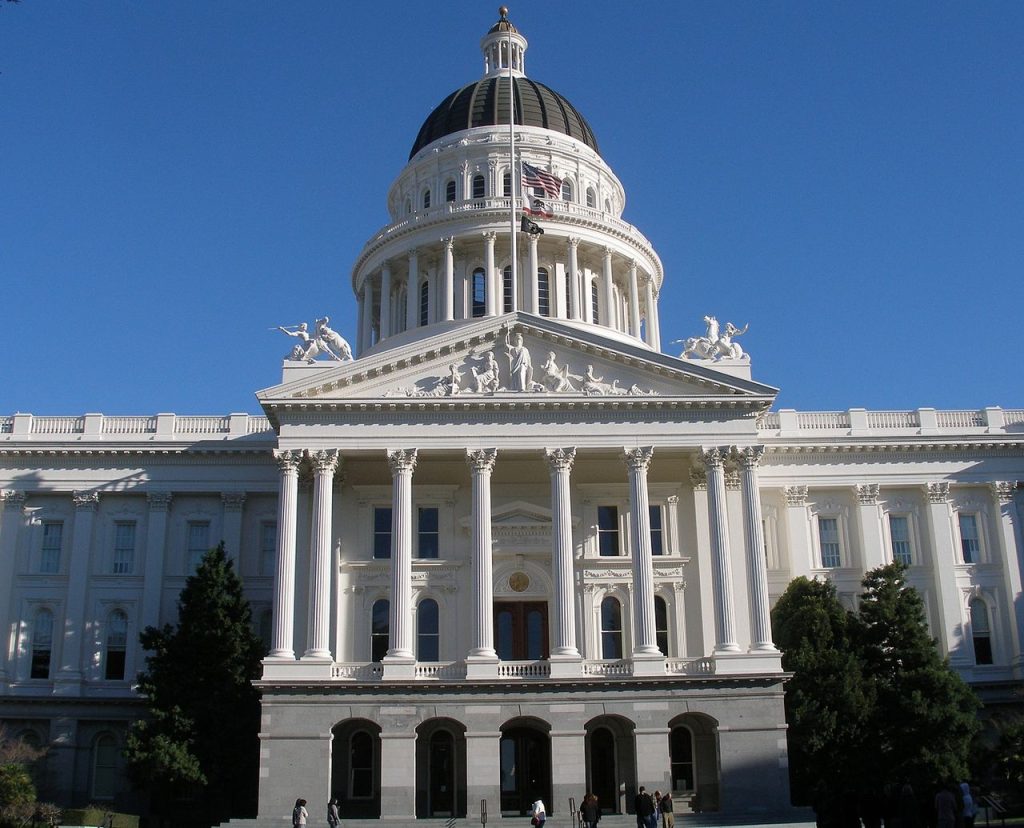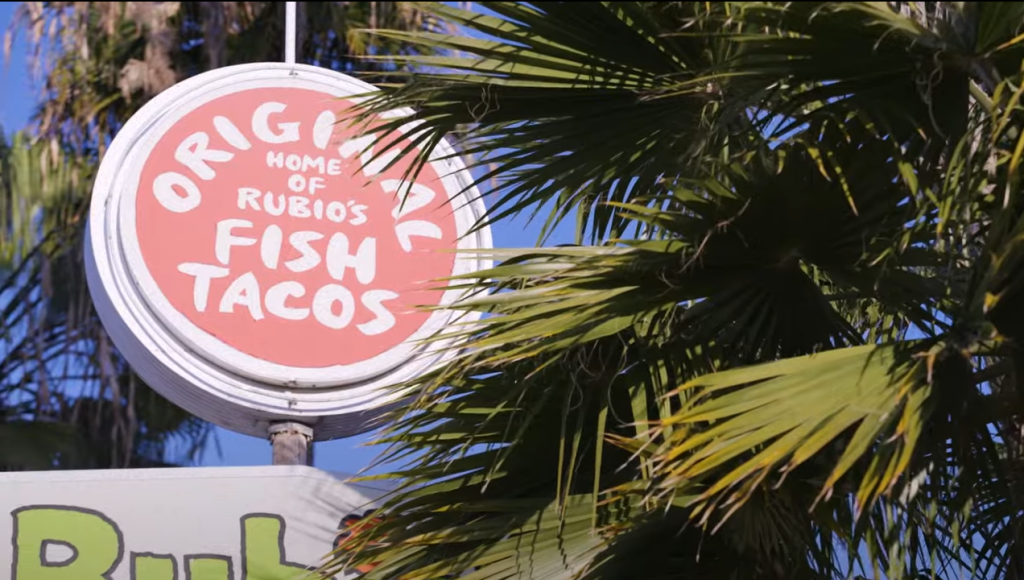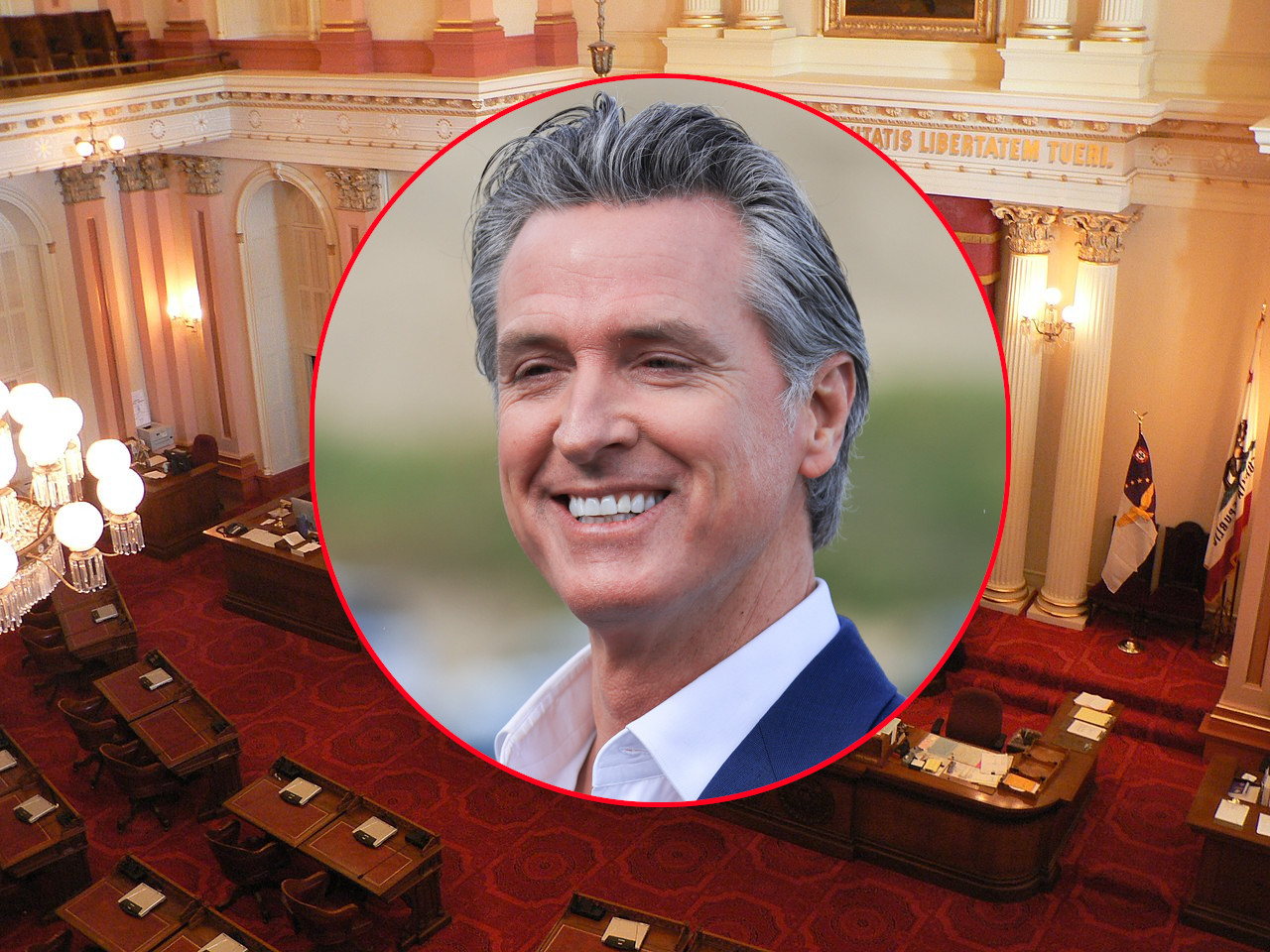In a recent session of the California State Senate, Democrats voted to block a Republican-led bill that sought to exempt tips from state income taxes. This decision came after a brief but intense debate about the potential effects on both workers and state revenue.

The bill, inspired by similar proposals from prominent national politicians, including former President Donald Trump and Vice President Kamala Harris, aimed to provide relief to workers in tipped industries. Despite federal support for the idea, California lawmakers rejected it on the state level.

Proponents of the bill argued that eliminating the tax on tips would benefit employees in the service industry, such as waiters, bartenders, and salon workers. These workers, many of whom earn less than the minimum wage, depend heavily on tips as a significant portion of their income.

Democratic lawmakers expressed concerns that exempting tips from taxes would result in a substantial loss of state revenue. California recently faced a $47 billion budget shortfall, and officials were wary of further cuts that might affect public services and programs.

While most Democrats voted against the bill, some key figures chose to abstain. Senate President Pro Tempore Mike McGuire and Senator Nancy Skinner abstained from the vote, reflecting internal divisions on the issue, though the majority of the party stood firm in opposition.

All nine Republican senators voted in favor of the measure and expressed frustration over its failure. They argued that the bill was a much-needed step to support California’s lower-income workers, particularly as living costs continue to rise.

Interestingly, the proposal had gained bipartisan support on the national stage. Both Trump and Harris endorsed eliminating the so-called “tip tax,” recognizing the strain it places on tipped workers. However, this did not translate into success at the state level.

According to estimates from economic experts, eliminating the tax on tips could reduce government revenue by $15 to $25 billion annually. In California, this potential loss contributed to concerns about how to offset the revenue shortfall and protect vital services.

Opponents also pointed out that the bill might disproportionately benefit higher-earning tipped workers, such as those in upscale salons or bars. They argued that the bill would not sufficiently address wage inequalities within the service industry.

Although the bill was blocked, advocates for workers’ rights are expected to push for other measures to support service industry employees. Discussions on minimum wage increases and other tax reforms are likely to continue in the coming legislative sessions.





